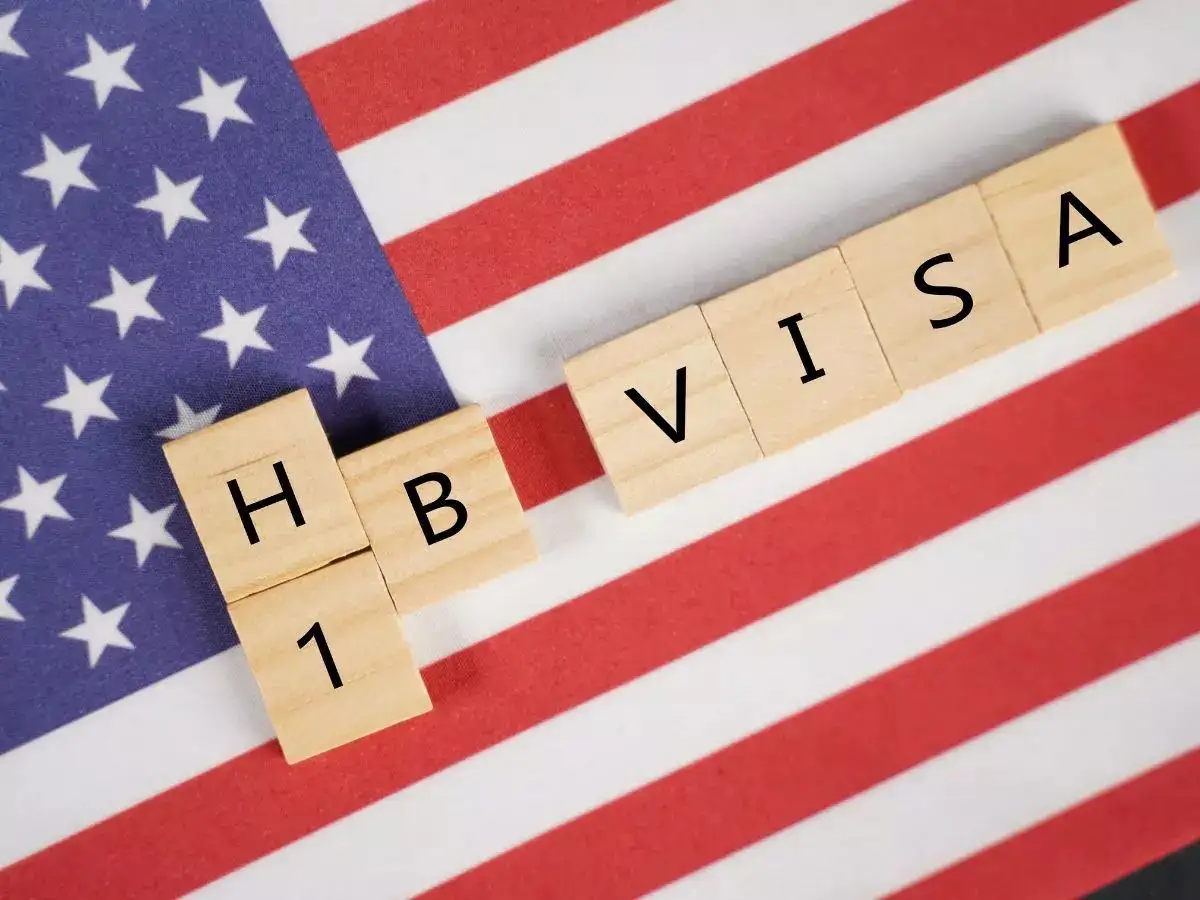US Chamber of Commerce Challenges Trump Admin's $100,000 H-1B Visa Fee in Court
This lawsuit represents a critical legal challenge that could determine the future cost and accessibility of the H-1B visa program for employers and skilled professionals.

Subscribe to our newsletter and stay informed about latest H1B news, policy updates and and other developments.
Article Summary
The U.S. Chamber of Commerce has filed a federal lawsuit against the Trump administration, contesting the legality of a newly imposed $100,000 annual fee for H-1B visa applications. The lawsuit argues that this fee is unlawful, exceeds executive authority, and would significantly harm American businesses reliant on high-skilled talent. The Chamber seeks a court declaration that the President exceeded his authority and an injunction to block federal agencies from enforcing the charge.
Original Article: economictimes.indiatimes.com
[ Sentiment: neutral | Tone: factual ]
This summary and analysis were generated by TheNewsPublisher's editorial AI. This content is for informational purposes only; it does not constitute legal or immigration advice.
[ Sentiment: neutral | Tone: factual ]
This summary and analysis were generated by TheNewsPublisher's editorial AI. This content is for informational purposes only; it does not constitute legal or immigration advice.
TNP AI: Key Insights
This legal action by the U.S. Chamber of Commerce marks a significant pushback against executive branch overreach in immigration policy. Historically, H-1B visa application fees have primarily covered administrative costs, typically ranging from a few hundred to a few thousand dollars, making a $100,000 fee an unprecedented and potentially prohibitive increase.
For businesses, especially those in the tech sector, this exorbitant fee would drastically inflate labor costs or severely limit their capacity to hire foreign talent, potentially stifling innovation and growth. The outcome of this court case will have profound implications for the H-1B program's structure, signaling the boundaries of presidential authority in immigration policy and potentially setting a precedent for future fee adjustments.




